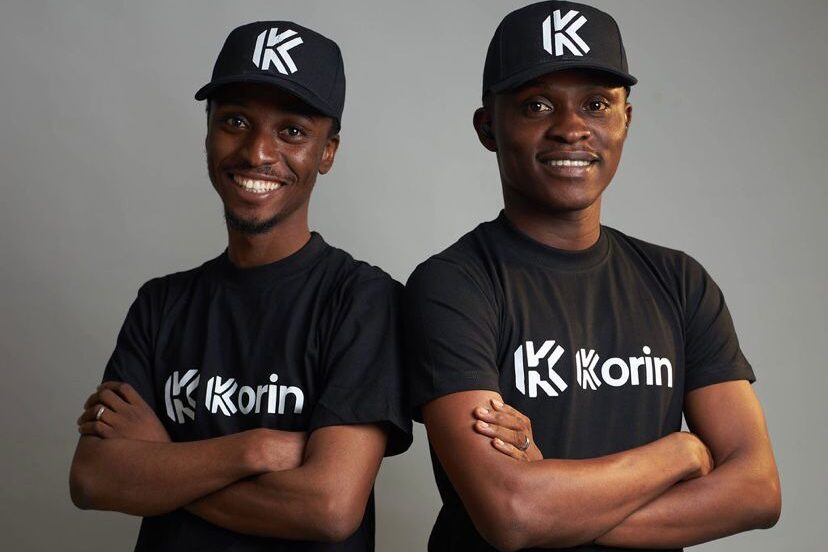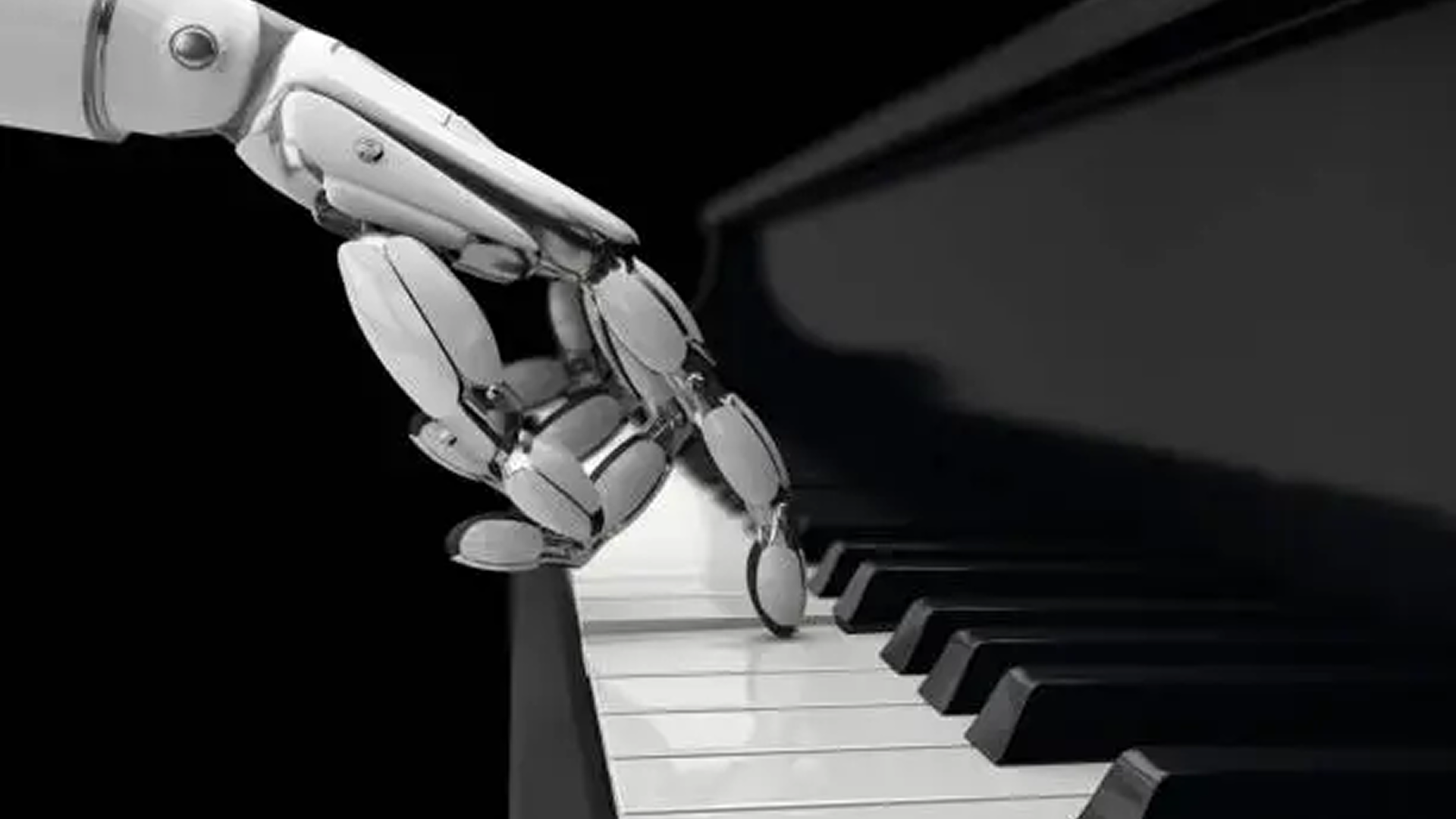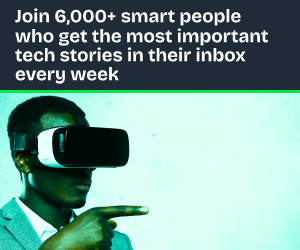Creating music isn’t cheap. In Nigeria, it can cost up to ₦100,000 just to get a quality beat. Add studio sessions, mixing, mastering, and distribution, and you’re looking at bills of over ₦1.5 million. For upcoming artists like Philips Olajide-Philip, co-founder of KorinAI, that was a steep price back in 2014.
Worse still, the specific sounds he wanted weren’t readily available. That frustration was deepened by the fact that Philips had studied music at the Performing Arts, Entrepreneurship, Fashion, and Technology Innovations (PEFTI) institute and knew exactly what he wanted to create, but he just didn’t have the means.
It wasn’t until a program at International Business Machines Corporation (IBM)’s Victoria Island headquarters in Lagos in 2019 that Philips first encountered generative AI—long before ChatGPT and Suno became household names. That exposure planted a seed.
By July 2024, Philips started building on the idea seriously. He began by producing jingles for schools and startups, eventually developing over 60 use cases and relentlessly pitching his vision.
A significant breakthrough came in December 2024 when his team secured third place in a global generative AI hackathon, beating out a field of 44,000 participants. The prize—$1,000 in cash and $2,800 worth of NVIDIA GeForce RTX 4080 Graphics Processing Unit (GPU)—provided a crucial morale and resource boost.
That win attracted attention, eventually leading to an investment from FirstFounders, a venture studio led by David Lanre-Messan (DLM), a veteran with 18 years in the venture capital space. With funding secured and a partnership with mobile developer Solomon Ogunbowale, KorinAI was officially born in 2024.

The platform allows users to transform lyrics and vocal snippets into complete songs. But its unique selling proposition lies in its data. Unlike its international competitors, KorinAI is being meticulously trained on African vocal datasets.
“We are building the future of AI music in Africa, where there are no limitations to the things you have in your heart,” says Olajide-Philips, now CEO of KorinAI. “Your ideas can now be transformed into sound by just leveraging AI technology.”
The potential market is vast. From Nollywood producers needing original scores to the explosion of content creators on TikTok and Instagram, the demand for accessible, copyright-free music is immense. KorinAI plans to tap into this with a unique “music reels generator,” a feature in development that will produce 60-second, social-media-ready audio clips on demand.
“Content creators… need a lot of this content,” Olajide-Philips explains, envisioning a future where millions of short, AI-generated music videos are created on his platform. This feature, he notes, will be priced differently, as it requires less GPU-intensive processing than full track generation.
Priced at a $10 monthly subscription, the platform aims to democratize music creation. However, Olajide-Philips is quick to dismiss fears that AI will supplant human artists and producers.
“No. Rather, it will enhance performance and reduce work time for music producers,” he states emphatically. He sees KorinAI as a tool for rapid prototyping, allowing artists to quickly generate demos, experiment with genre-blending, or even replace vocals in a track.
The company is also keenly aware of the ethical minefields of AI-generated content. The specter of deepfakes looms large, such as an AI-generated Jay-Z track that amassed over 20 million Spotify streams in 2020. Olajide-Philips is adamant about implementing safeguards.
“Some people might want to upload Davido’s voice and ask the AI to sing like him. We’ll put restrictions in place to prevent that,” he assures.
As one of 10 AI startups backed by FirstFounders, KorinAI is at the forefront of a broader push to democratize innovation in Africa. For Lanre-Messan and his team, the investment is a bet on a hyperlocal solution to a global phenomenon. While the world listens to AI-generated pop, KorinAI is training its models on the nuances of Afrobeats, Amapiano, and Highlife, building a tool that speaks the sonic language of the continent. It’s a gamble that the future of music isn’t just generated but generated locally.







